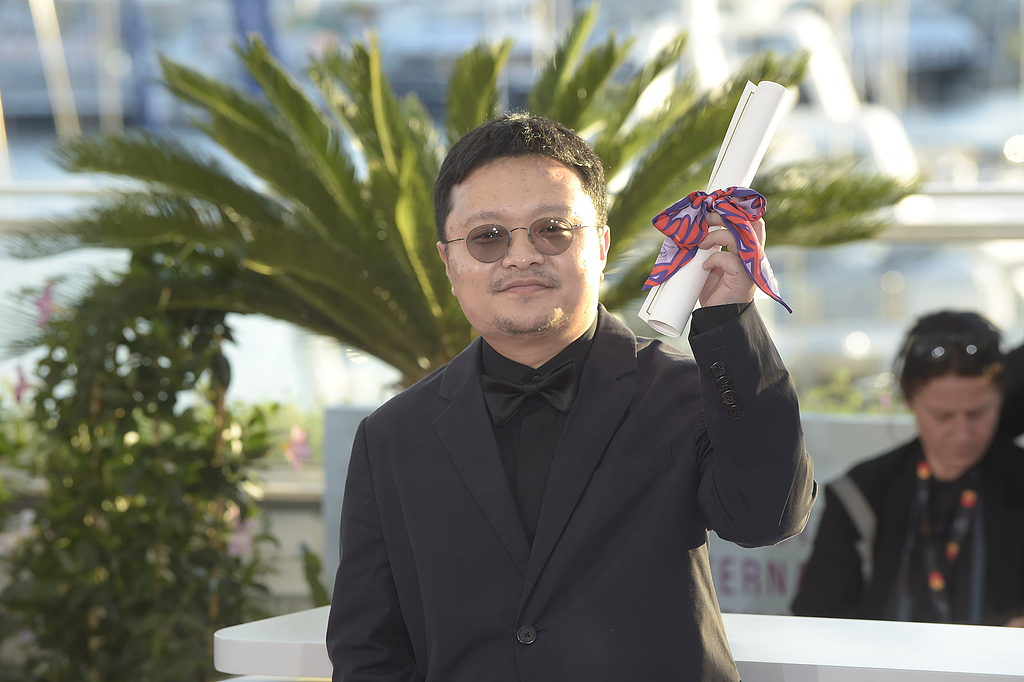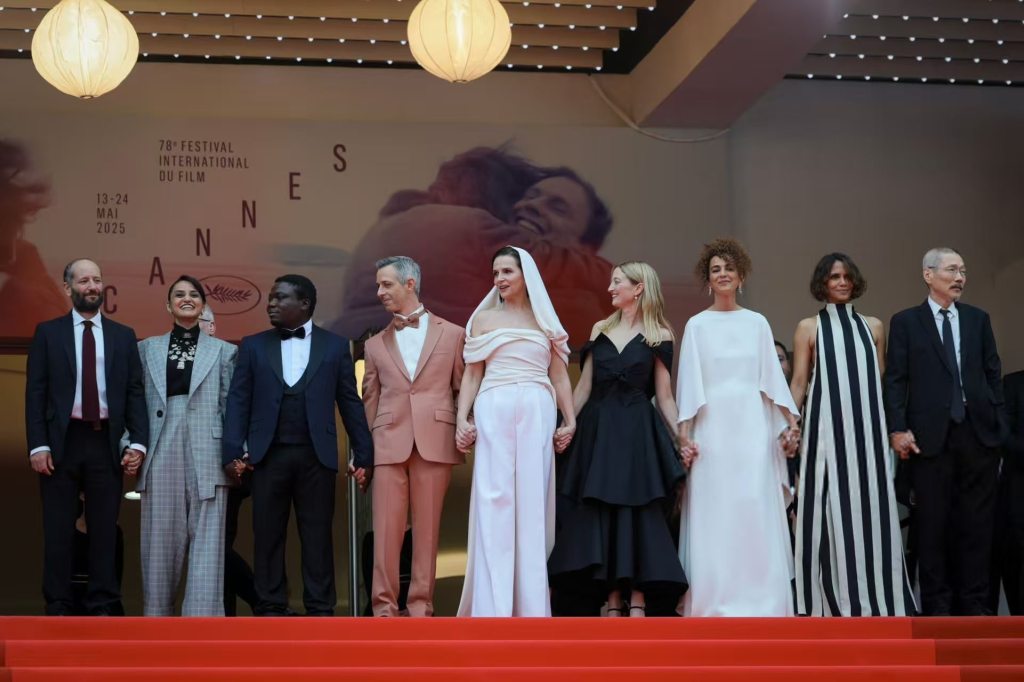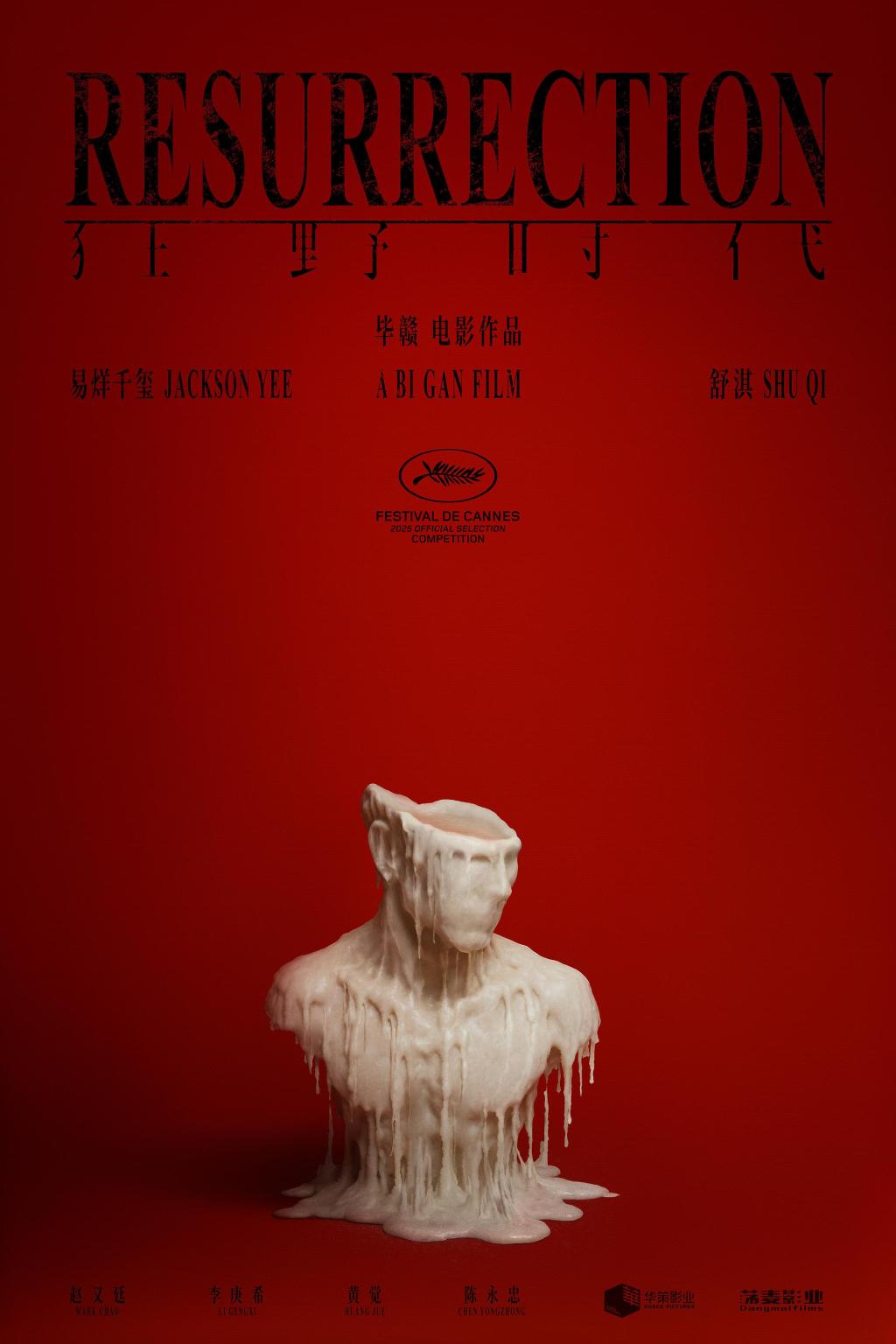
The 78th Cannes Film Festival in France came to a close on the evening of May 24th local time. Iranian director Jafar Panahi's "Ordinary Accidents" won the highest honor, the Palme d'Or, and Chinese director Bi Gan won the special award for "Wild Times".
On the day of the awards ceremony, the western region of the French Alps, including Cannes, suffered a large-scale power outage. Mobile phone signals became very unstable, many restaurants simply closed, the Cannes train station stopped operating for a time, and the Cineum Cinema, a satellite venue of the film festival in the city, also interrupted its screening activities. Fortunately, the Cannes Film Palace is equipped with multiple backup generators. After a brief power outage of 15 minutes, it resumed operation and the films in various halls continued to be screened. After the power outage lasted nearly five hours, the power supply was gradually restored throughout Cannes. The closing ceremony of the film festival in the evening was not affected and everything went on as usual.

Bi Gan holds the special award certificate.
At the beginning of the closing ceremony, Juliette Binoche, the president of the jury of the main competition unit and a famous French actress, presented Bi Gan with a special award. At the media meeting after the award ceremony, Binoche also explained why such an unconventional award was awarded at this film festival. "This is indeed an award we set up. As the president of the jury, I can propose such an idea and then decide with the judges whether it is feasible." Binoche said frankly, "In the end, all the judges agreed to set up a special award. Although this movie is difficult to fully understand, it is partly about dreams and has some implicit meanings, but we can feel that this is a poetic work that needs to be explored, which allows people to dig out something deep in their hearts. It touched me a lot, although I can't explain the specific reason, I hope to share my feelings through this award."
"Ordinary Accident" tells the story of a man who took his wife who was about to give birth and daughter to a car repair station because of an accident. The mechanic Wahid recognized that the man was his enemy who had persecuted him in prison in the past, but he was not 100% sure, so he had to ask his former cellmates to come and identify him. As a result, all kinds of people gathered together and started a discussion on whether to forgive or retaliate.

After winning the Palme d'Or, Panahi achieved a grand slam at the three major European film festivals.
After winning the Palme d'Or for "Ordinary Accidents", Jafar Panahi also successfully achieved the Grand Slam of the three major European film festivals - he won the Golden Lion Award at the Venice Film Festival in 2000 for "The Circle of Life" and the Golden Bear Award at the Berlin Film Festival in 2015 for "Taxi". Before Panahi, only three directors who had accomplished this feat were Henri-Georges Clouzot, Michelangelo Antonioni and Robert Altman.
Jafar Panahi also has a deep connection with Cannes. Thirty years ago, his first feature film, The White Balloon, won the Camera d'Or. In 2003, Crimson Gold won the Jury Prize in the Un Certain Regard section. In 2018, Three Faces was shortlisted for the main competition and won the Best Screenplay Award. Although Panahi himself was unable to receive the award in person, many filmmakers, including Juliette Binoche, expressed their support. Winning the Palme d'Or this time can be regarded as making up for the previous regret.

In the Cannes program, "Ordinary Accidents" received the highest score of 3.1, and "Wild Times" received 2.4 points.
It is worth mentioning that in the film critics' rating of Daily Screen magazine, commonly known as the "Cannes program", "Ordinary Accidents" received 3.1 points (out of 4 points), tied with "The State Prosecutor" for the highest score among the works shortlisted in the main competition unit this year. However, "The State Prosecutor", which depicts the Soviet Union in the 1930s with a sharp perspective, did not win the award in the end, and many people, including Peter Bradshaw, a film critic of The Guardian, felt sorry for it.

Norwegian director Joachim Trier won the Jury Prize for "Sentimental Value".
The Jury Prize, equivalent to the second place, was awarded to "Valuation of Sentiment" by Norwegian director Joachim Trier. Trier's previous work "The Worst Man in the World" was shortlisted for the 2021 Cannes Film Festival, and the lead actress Renate Reinsf won a Best Actress Award. The two have joined hands again to bring "Valuation of Sentiment", telling the story of a veteran stage actor who was surprised to find that the legal ownership of the family property still belongs to his difficult old father, a failed film director, after his mother's death. He whimsically planned to use the old house as a shooting location for a new film, and even wanted his daughter to be the star.
The Jury Prize, equivalent to third place, was a double-yolk egg this time, with Spanish director Olivier Laxé's "Close to the End" and German director Martha Schlinsky's "Towards the Sun" sharing the honor.

Wagner Moura won the Best Actor Award for "The Secret Agent".

Brazilian director Kleber Mendoza Jr. presents the Best Director and Best Actor awards he won for "The Secret Agent".
In terms of individual awards, Brazilian director Kleber Mendoza Jr. won the Best Director Award for "The Secret Agent", and the lead actor Wagner Moura also won the Best Actor Award. The latter was unable to attend the ceremony in person due to work. The film, like the Oscar-winning Best International Film "I'm Still Here" currently showing in China, is set during the military rule of Brazil in the 1970s. The Belgian directors Dardenne brothers, two-time Palme d'Or winners, won the Best Screenplay Award for "Home for Young Mothers".

Newcomer Nadia Meliti won the Best Actress award for her role in "The Youngest Daughter".
Newcomer Nadia Meliti won the best actress award for her starring role in French director Afsia Elchi's "The Youngest," about a young girl's sexual awakening from a conservative Algerian Muslim immigrant family.
After winning the Palme d'Or, "Ordinary Accident" will surely become a hot topic in the next awards season. Not only is it the Palme d'Or winner, but among the films that premiered at the Cannes Film Festival last year, seven films were eventually nominated for Oscars, and a total of 30 nominations were added up, and they eventually won 9 Oscars, including five Oscars for "Anora", which won both the Palme d'Or and the Oscar for Best Picture.

"Ordinary Accidents" will enter the next awards season.
Historically, the first time such a situation as "Anora" occurred was in 1955, when the romantic drama "Marty" won the Palme d'Or and subsequently won the Oscar for Best Picture. But this situation did not occur again until 64 years later, when "Parasite" was released in 2019. "Anora" is only the third time in history. Of course, the situation that has not occurred in the past 60 years has occurred twice in the past five years, which is enough to show that the connection between the two awards is becoming increasingly close. And Neon Pictures, which had bought the distribution rights of the Palme d'Or at the Cannes Film Festival in advance for five consecutive sessions, bet on the right treasure again this time.
【List of winners of the main competition】
Palme d'Or: Jafar Panahi for "An Ordinary Accident"
Grand Jury Prize: Joachim Trier, "Emotional Value"
Best Director: Kleber Mendoza Jr.
Jury Prize: Olivier Laxet for "Near the End"
"Looking Towards the Sun" by Martha Schlinsky
Best Actress: Nadia Meliti, "The Youngest Daughter"
Best Actor: Wagner Moura, The Secret Agent
Best Screenplay: Dardenne Brothers, "Home for Young Mothers"
Special Jury Award: "Wild Times" by Bi Gan


